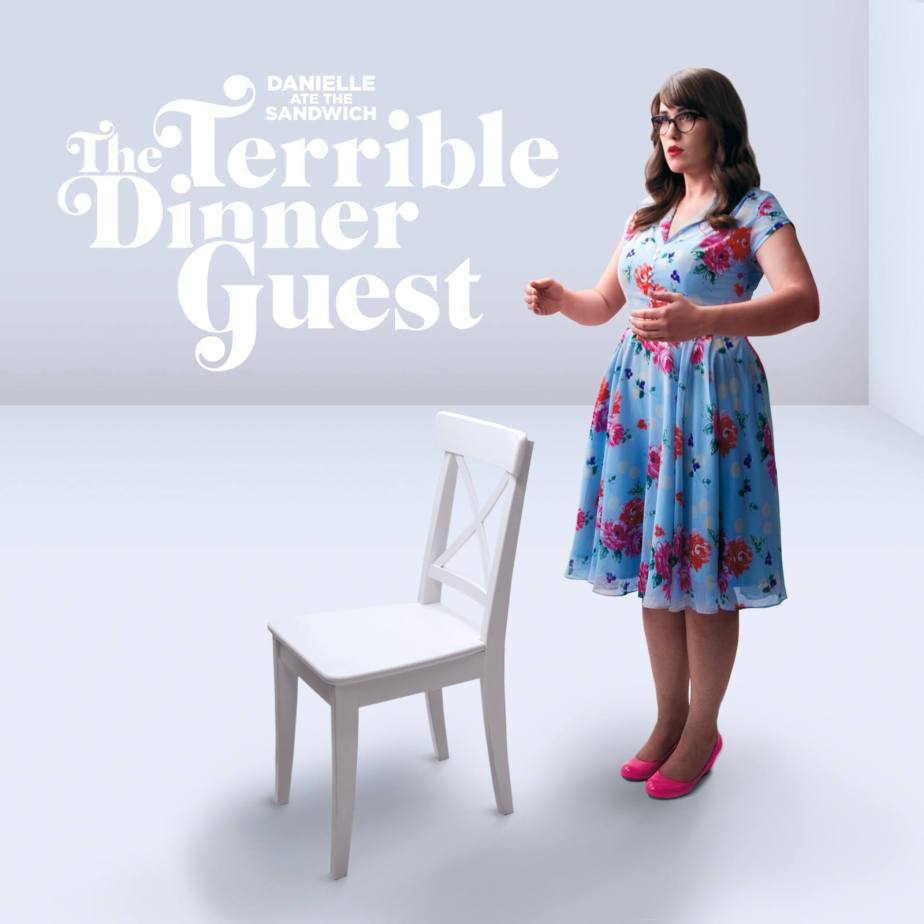Ben Swisher has made an album themed around the sounds of vacuum cleaners and it turned into a super cool song collection! He started writing music and performing under his artist name Sen Wisher when he lived in Provo, Utah. He was helping out at a recording studio in the house he lived in and eventually decided to go to music school. He now studies and lives in Eugene, Oregon.
Q: You just released a new album titled “Vacuum Sing”. Did you start out with a concept or did it evolve as your were recording new music?
A: I had some friends who were making marathon records, where they would get together and they would try to write and record music, mix and master everything in 24 hours. That was really refreshing. I’ve always liked the idea of limitations because it’s really easy to overthink everything. That inspired me to want to make a record with two friends, Colin Hatch (aka Lindenfield) and Emily Brown, who are musicians and friends who I really admire musically and I guess we just wanted to get together and work with a concept, which happened to be vacuums. We didn’t have any music planned and with as close to 24 hours as possible we tried to write songs from scratch and record them and I think it turned out really cool.
Q: How did you decided on vacuum cleaners as the theme?
A: That’s a good question. Because it just sells so well? Everyone wants to hear about vacuums… My mom used to clean private practice doctor’s offices as a custodian when I was a kid. To save money on baby sitting and because I would rather be with my mom than some random mean teenager, my brother and I would go and keep my mom company while she was doing that and kind of help her with certain things and I would do my homework in the waiting room. There was something about certain sounds that I associated with who my mum was and hearing my mum vacuum so much, it started to become very musical for me for some reason. Because I was a kid, I just started making weird sounds – because that’s what kids do – I started to realize that I could imitate the sound of a vacuum and it transitioned into me realizing it was a form of harmony. I basically learned how to sing by harmonizing with vacuums and I always wanted to pay homage to that.
Q: You have sounds of vacuum cleaners on your album. People have figured out how to best record an acoustic guitar, there are experts who have written about how to best record a trombone but how did you approach recording vacuum cleaners?
A: We didn’t have enough time to really go into it. We thought, what if we had vacuum cleaners and tried improvising three part harmonies over them. We just tried different microphones and I think ended up using a Sure SM7, a broadcasting microphone, which are great. We used those and an Electro Voice RE 20 on a lot of the vocals as well. It was hard to mix the sound of the vacuum cleaner and to isolate the overtones. In person it’s more clear what they are, on the record it’s almost more a noise, which I still think is very interesting. And we used reverb to highlight or recreate what was happening in person.
Q: How do you approach writing music?
A: Prompts are really helpful. Sometimes it’s fun to aimlessly meander through ideas but I think there are times where I say, I need to write something that will cheer me up or I want to write something that’s fun and uptempo. I’m very driven by concepts. Writing an album about vacuums is like a philosophical or emotional representation of a lot of different things for me. I’m driven to tell stories through unconventional means in music. Sounds come to me more like an environmental response. Songs become an eco-system to a concept that I want to illustrate and it has living components.
Q: How does this translate into a life performance?
A: Right now I perform on my lonesome. It’s a discovery process. When you record a song, you capture that idea in that moment but music and songs are living things. For it to keep being relevant that song evolves. I don’t ever get to the point where I think that I’m perfectly representing this idea. I’m always discovering new ways to emphasize an emotion. Right now it’s just me singing and I have a delay pedal, a pitch shifter and harmonist that make my guitar sound glittery and ethereal. If you could hear crystal that would be sound I want my guitar to make. But I’m still discovering it. I’m also working with Ableton and starting to think about using samples to add meaning to things I recorded at one time.
The interview originally aired on KWVA’s show “Umloud Radio” hosted by Julia Mahncke aka DJ Almost Exactly like Julia.
Video and Album Art by Natalie Wood





